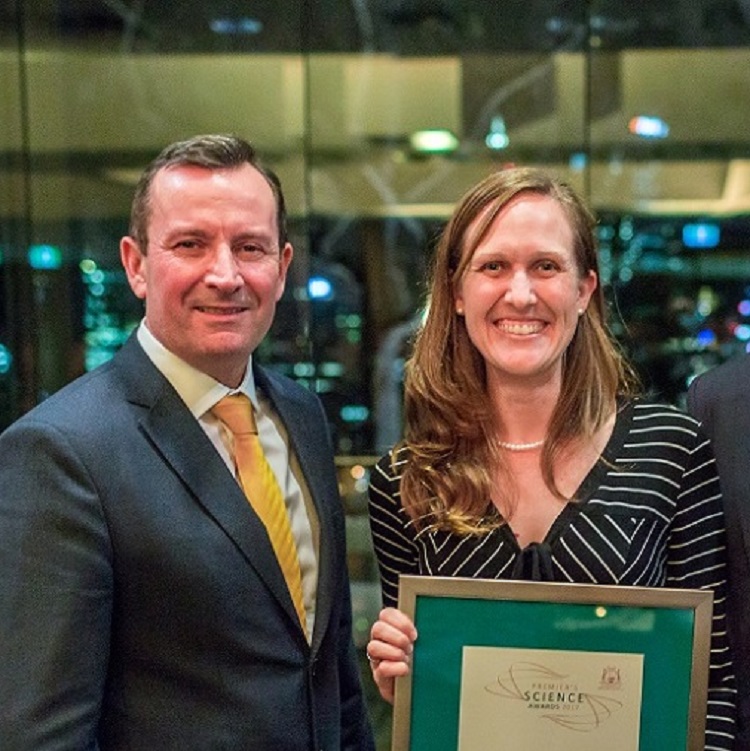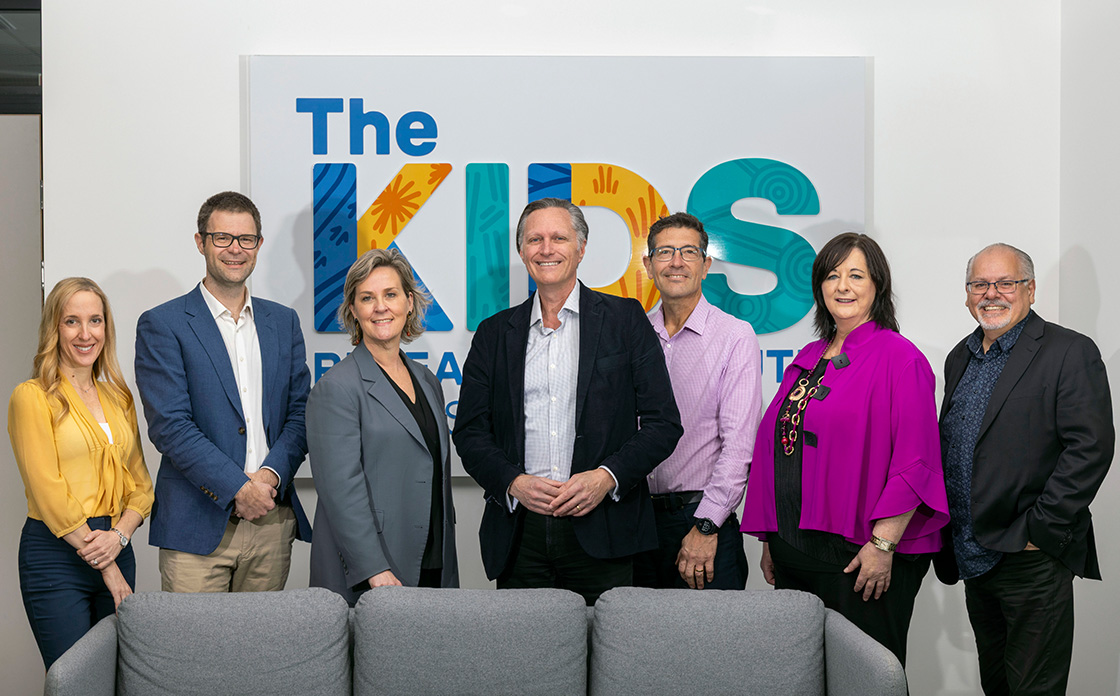Search

News & Events
The Kids Research Institute Australia researcher wins Premier’s Science AwardInfectious diseases researcher, Dr Asha Bowen, has won the Early Career Scientist of the Year Premier's Science Award for 2017.

Find out more about the Board, the Institute Leadership Team, the Management Team and Emerging Leaders at The Kids Research Institute Australia.
Research
“You’re telling us to go first?!” COVID-19 pandemic and vaccination experiences among Aboriginal adults in Western AustraliaGlobally, Indigenous populations have been disproportionately impacted by pandemics. In Australia, though national infection rates with COVID-19 infections in Aboriginal and/or Torres Strait Islander people were lower in the first 12 months of the COVID-19 pandemic, there was soon a greater burden in Aboriginal and/or Torres Strait Island people once Omicron was circulating. Uptake of the COVID-19 vaccine was also lower among Aboriginal and/or Torres Strait Islander people.
Research
Clinical outcomes and severity of laboratory-confirmed RSV compared with influenza, parainfluenza and human metapneumovirus in Australian children attending secondary careAcute lower respiratory infections (ALRIs) are a major contributor to the global infectious disease burden and a common cause of hospitalisation for children under 2 years. We compared clinical severity in children hospitalised with respiratory syncytial virus (RSV), parainfluenza virus (PIV), human metapneumovirus (hMPV) and influenza virus (IFV).
Research
Exposure to biodiesel exhaust is less harmful than exposure to mineral diesel exhaust on blood-brain barrier integrity in a murine modelEmerging data suggest that air pollution is a persistent source of neuroinflammation, reactive oxygen species, and neuropathology that contributes to central nervous system disorders. Previous research using animal models has shown that exposure to diesel exhaust causes considerable disruption of the blood-brain barrier, leading to marked neuroinflammation.
Research
Novel approaches to measuring cognition in individuals with severe to profound functional impairment: A pilot study in SCN2A-related disorderValid clinical outcome assessments with the ability to capture meaningful aspects of neurodevelopment for individuals with neurogenetic conditions associated with profound functional impairments are lacking, yet critical for clinical care and clinical trial readiness.
Research
Antibodies in breast milk: Pro-bodies designed for healthy newborn developmentThis manuscript sheds light on the impact of maternal breast milk antibodies on infant health. Milk antibodies prepare and protect the newborn against environmental exposure, guide and regulate the offspring's immune system, and promote transgenerational adaptation of the immune system to its environment.
Research
Short-term outcomes in infants following general anesthesia with low-dose sevoflurane/dexmedetomidine/remifentanil versus standard dose sevoflurane (The TREX trial)The Trial Remifentanil DEXmedetomidine trial aimed to determine if, in children < 2 years old, low-dose sevoflurane/dexmedetomidine/remifentanil anesthesia is superior to standard dose sevoflurane anesthesia in terms of global cognitive function at 3 years of age.
Research
Optimising HIV spending in 12 eastern European and central Asian countries: a modelling studyAndrew Shattock PhD, MSc, BSc (Hons) Principal Research Fellow andrew.shattock@thekids.org.au Dr Andrew Shattock is a Principal Research Fellow of
Research
Artemisinin combination therapy at delivery to prevent postpartum malaria: A randomised open-label controlled trialAlthough the incidence of malaria is increased in women in endemic areas after delivery compared to non-pregnant women, no studies have assessed the benefit of presumptive antimalarial treatment given postpartum.
